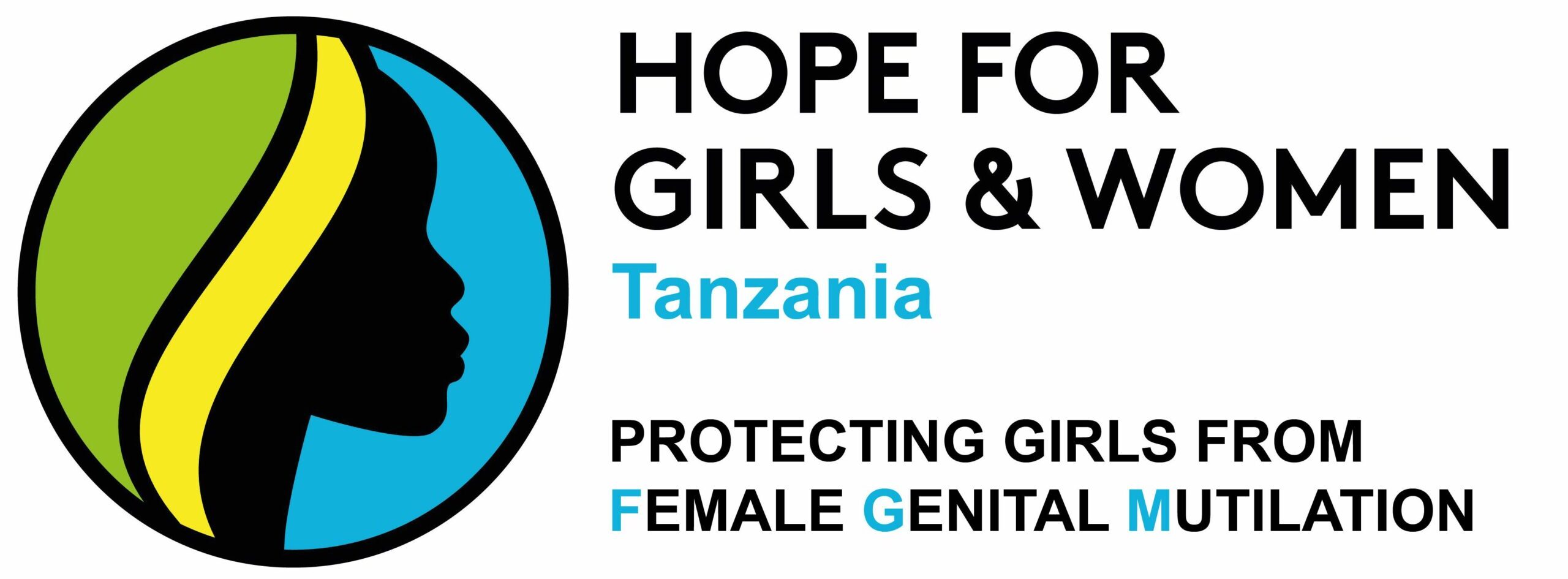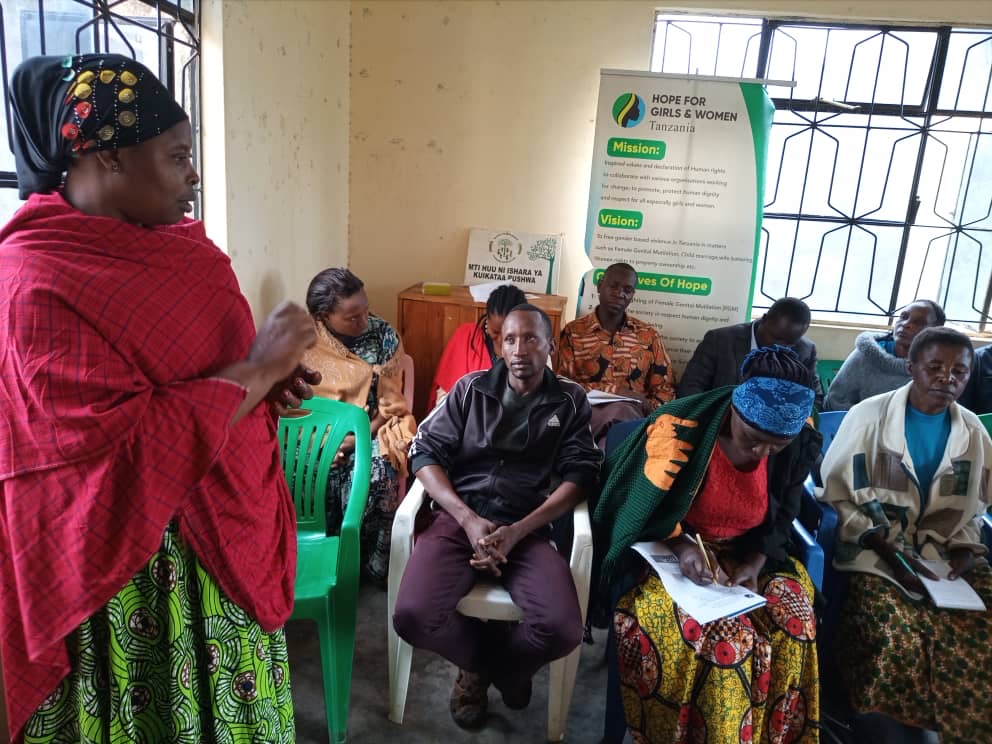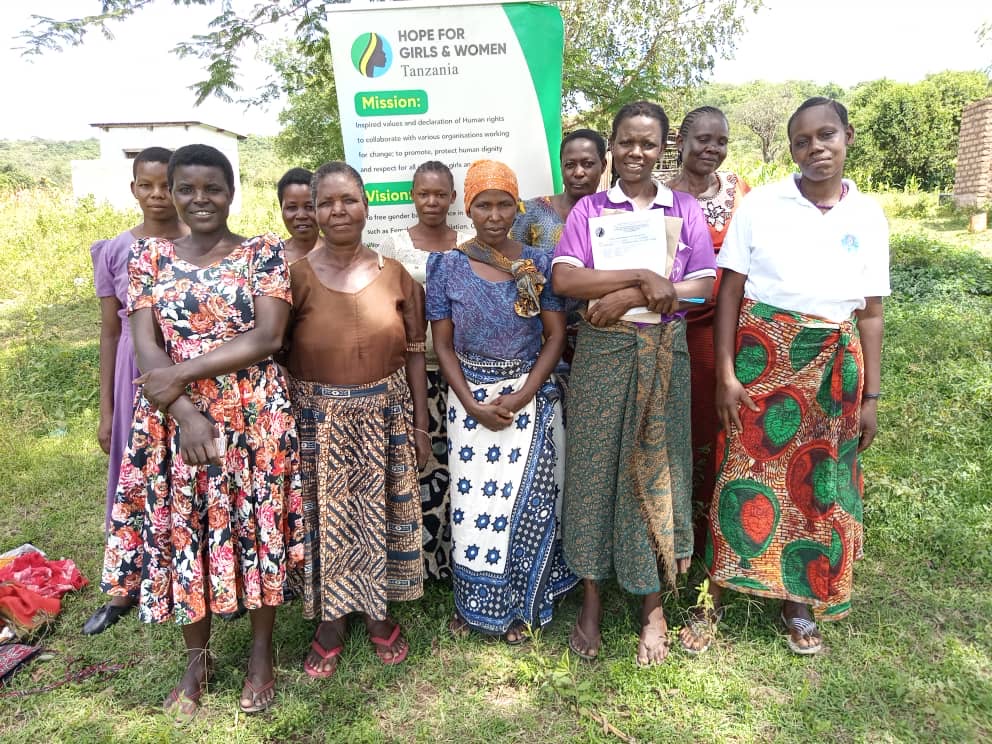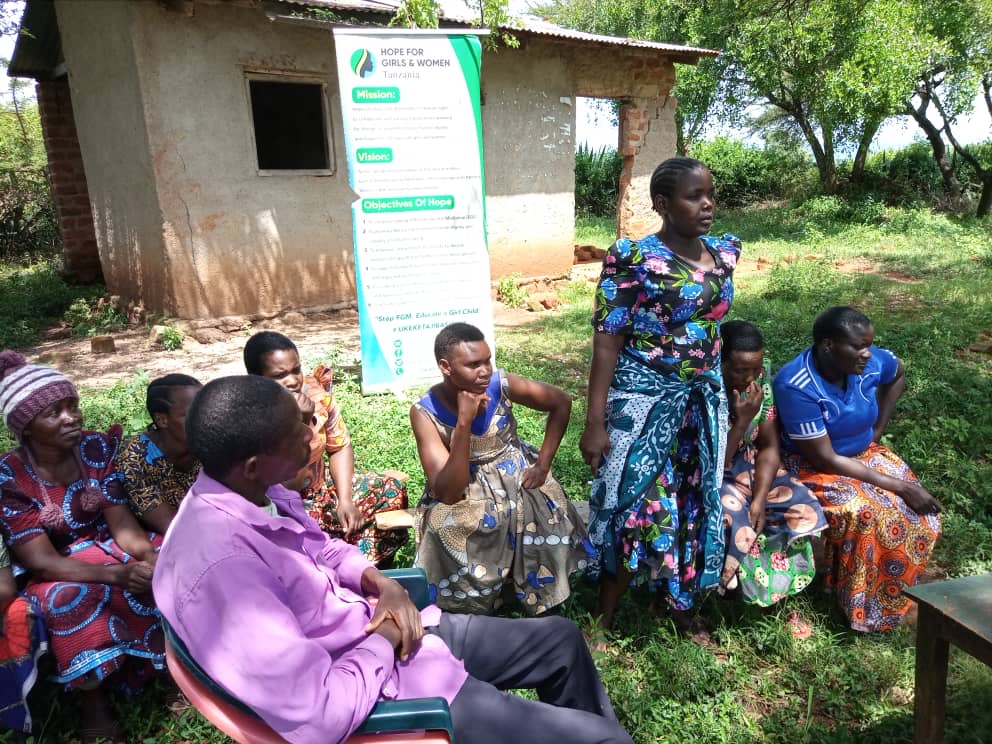Hope for Girls and Women has safe houses for girls escaping FGM, GBV, child marriage, abuse and rape, in Mugumu (Serengeti) and Butiama, near Musoma. Across these safe houses, many of the girls actively participate in remote Yoga lessons over Zoom run by our friends My Little Zen. My Little Zen is an organisation which combines yoga and technology in an aim to connect communities in Africa. They use a fusion of Karma Yoga which focuses on compassion and selfless actions and Hatha Yoga which centres on keeping the mind and body strong.
What are the Benefits of Yoga?
Yoga has been shown to improve both mental and physical health. It encourages us to nurture our bodies, and improves our strength and resilience. It also increases self-esteem, reduces stress and anxiety and improves flexibility and balance to name a few.

These classes are great for the girls to come together and learn new skills. It has been amazing to see them improve and increase their confidence with some girls now leading the classes and developing their own routines. They also provide skills for the future and the potential to support their families and local communities.
How are Yoga and Technology Connected?
Alongside their yoga work My Little Zen are also helping bridge the digital divide across Africa. As part of their remote yoga programme they have provided Hope’s safe houses with multiple tools such as a yoga-mats, a tablet, a 4G router, tripod, speaker and more so they can continue participating in the yoga classes when My Little Zen are not visiting.

Through their partnership with CISCO Networking Academy, My Little Zen are providing introduction courses on networking on cyber security. It is delivered through NetAcad which offers labs and simulations to learn in and part of the Women Rock IT challenging stereotypes about women in the STEM industry and the gender divide which is prevalent. These courses give the girls a chance to explore the world of tech and open their eyes to future careers.


Why is Digital Literacy Important for Africa?
Digital skills are incredibly important to today’s society. Around 230 million jobs will require digital skills by 2030 in Sub-Saharan Africa. Yet women are still disproportionately digitally marginalised due to both economic and social factors. Involving girls in tech can lead to more innovative and creative solutions to the challenges facing society today while also helping bridge the digital and gender divide in both Tanzania and the wider continent. Therefore Hope’s prioritisation of education and empowerment alongside My Little Zen and CISCO’s yoga and digital literacy education can create a combination of important life skills which the girls can carry on through their careers and lives. It also shows the transformative power of increasing connection and access to technology in rural Tanzania in helping create new and exciting experiences.
The initiatives work in line with the UN’s Sustainable Development Goals (SDGs) such as SDG 4 – Quality Education, SDG 5 – Achieve gender equality and empower all women and girls and SDG 9 – Build resilient infrastructure, promote inclusive and sustainable industrialisation and foster innovation.





















